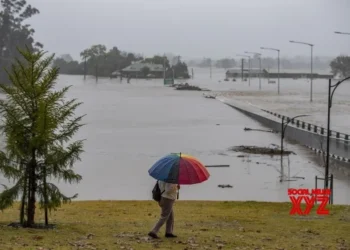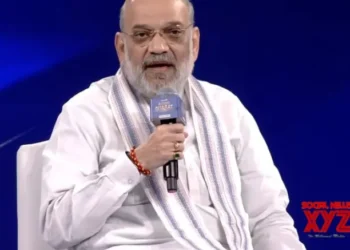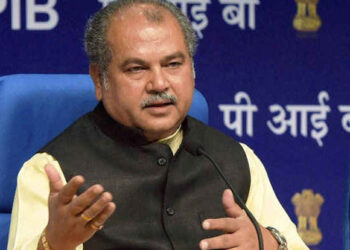Arunachal Pradesh Chief Minister Pema Khandu on Monday stressed that Buddhist culture, which thrives on peaceful co-existence of every sentient being, should not only be preserved but also propagated.
In his address at a national conference on “Nalanda Buddhism – Retracing the source in footsteps of Acharyas: From Nalanda to Himalayas and beyond”, he said that Arunachal Pradesh has a big chunk of Buddhists and “fortunately they have kept their culture and traditions safe with religious fervour”.
“The main pillar on which Nalanda Buddhism stands is the principle of ‘reasoning and analysis’. This means we can even bring the teachings of Lord Buddha under the ambit of reasoning and analysis. This logic is based on science and perhaps Buddhism is the only religion that gives its followers this liberty,” he said.
Welcoming the delegates from all the Himalayan states of the country, the Chief Minister told them that Arunachal Pradesh is a mix of religious followers.
The Indian Himalayan Council of Nalanda Buddhist Tradition (IHCNBT) organised the national conference at Zemithang in Tawang district, which is one of the holiest places of Buddhism. Over 600 delegates attended the conference from different parts of the country.
Khandu said: “Arunachal Pradesh is not home only to Buddhism but to several religions including those who follow their own indigenous faith. I believe that every religion and faith should flourish and exist peacefully. I am proud that we Arunachalis are doing just that.”
Zemithang is the Indian border post through which the 14th Dalai Lama entered India in 1959, the Chief Minister said adding that therefore, holding this conference here is very significant.
Noting that while Buddhism is expanding globally and witnessing important resurgence in few traditional areas, Khandu pushed for the need to make its presence vibrant with roots connected to Nalanda Buddhism. He specifically urged all to attend the session on ‘Nalanda Buddhism in 21st century – Challenges and response’, which, he said, would be of great importance for the young generation of Buddhists.
The one-day conference was attended by 45 delegates of revered Rinpoches, Geshes, Khenpos and scholars from the Himalayan states of Himachal Pradesh, Ladakh, Uttarakhand, Jammu and Kashmir (Paddar-Pangi), Sikkim, north West Bengal (Darjeeling, Doors, Jaigaon, and Kalimpong), South India monasteries and 35 delegates from various parts of Arunachal Pradesh like Tuting, Mechuka, Taksing and Anini and others.






















